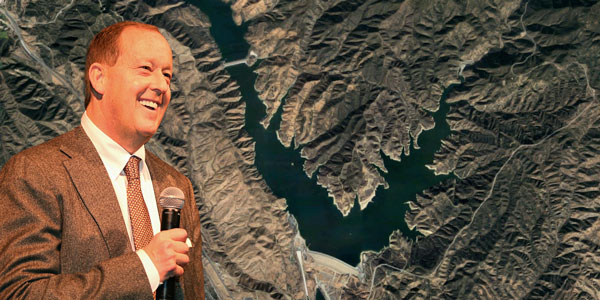Trending
Massive Northlake housing development gets final approval, despite appeals
Woodridge Capital Partners is behind the 3K residential unit complex

The county Board of Supervisors awarded Woodridge Capital Partners a final victory in its effort to create mammoth new housing communities on the fringe of northern Los Angeles County.
Tuesday’s decision paves the way for the construction of Northlake, a 3,150-unit planned community stretching over 1,330 acres. It was a loss for preservationists, who had opposed the development.
A County Planning Commission signed off on the project in April. Preservationists then appealed on the grounds that the project would degrade natural wildlife. The Board of Supervisors denied those appeals Tuesday, at the public hearing.
Set to rise north of the Santa Clarita Valley, near Castaic Lake, Northlake will be built in an undeveloped region, and will include 315 units set aside as affordable housing.
There will also be 38,700 square feet of “community commercial uses,” as well as parks, recreational facilities, a school and a fire station, according to documents published by the L.A. Department of Regional Planning.
The project will be built out in two phases.
Woodridge, acting behind an LLC named Northlake Associates, proposed the project in 2015. John Arvin, a vice president at Woodridge, confirmed the county’s decision, but did not provide further comment.
Opponents, such as the Center for Biological Diversity and the Santa Monica Mountains Conservancy, have been rallying against the project. They say it would require paving over a stream called Grasshopper Creek, which would degrade a wildlife corridor that is home to mountain lions and bears. It’s also set to be built in an area that is prone to wildfires.
The center also said the county “opened the door to litigation” by denying its administrative appeal.
Roughly 40 miles north, a similar struggle has been waging between preservationists and developers. Last month, the city’s Regional Planning Commission voted to advance the planned Centennial development — a 12,000-acre planned community on Tejon Ranch — after it spent nearly two decades in the pipeline.
Conservationists have voiced strong opposition to Centennial as well, saying it will create unnecessary traffic congestion and severely damage the region’s wildlife.




